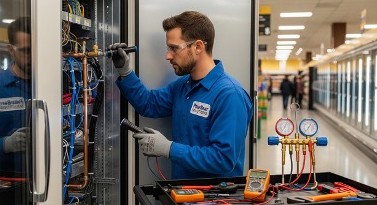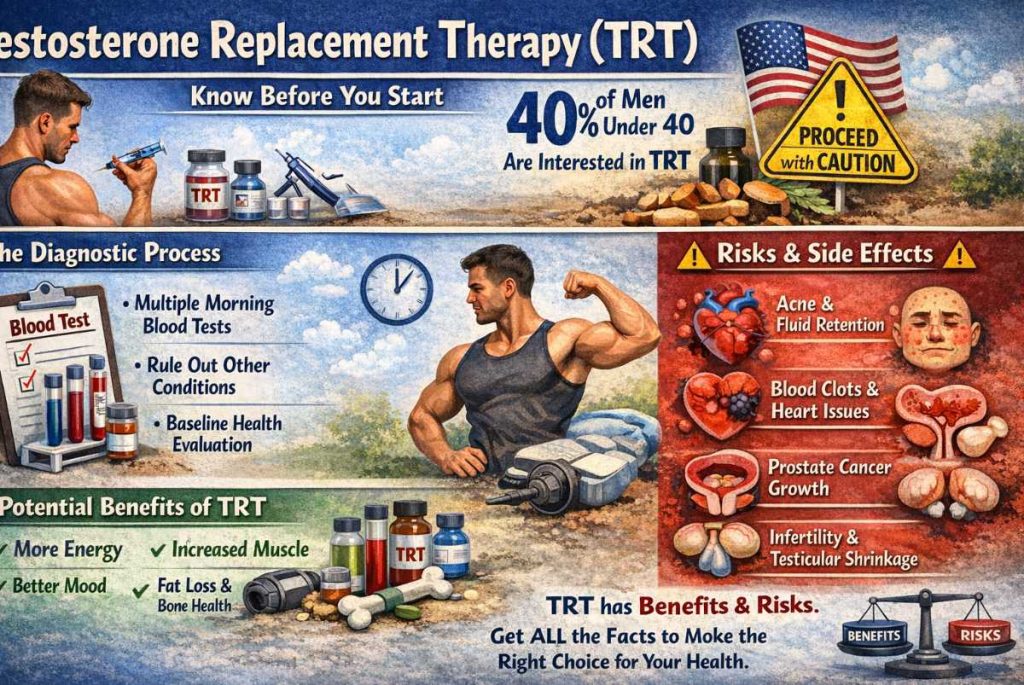Being fully prepared to excel in a role is of vital importance in the trades job market. Whether you’re building a career in HVAC, automotive service, plumbing, or welding, employers are looking for demonstrated experience and skills.
Beyond a high school diploma, entering the job market with industry-relevant training, including vocational education and professional certification, gives you an undeniable edge over the competition. Focused preparation yields productive candidates who understand tools, workplace safety, communication, and product quality from the outset.
Learn more about building a foundation for readiness with valuable hard and soft skills.
Structured Industry-Relevant Training
Trades careers require structured (hands-on) training that covers all the bases, from tool proficiency and equipment management to invaluable soft skills like team communication, attendance, and maintaining high productivity rates.
Training programs are designed to foster these traits, meeting employer expectations. Students receive industry-relevant certifications at the end of their programs, proving readiness.
Also known as vocational schools, technical training schools like Arizona Technical School offer programs in industries that require vocational training and certification. Notable industries include:
- HVAC and refrigeration
- Commercial driver’s license (CDL) training for tractor-trailers
- Electrician training
- Construction management
- Combination welding
- Automotive service technician training
Trust is a hallmark of these professions. Furnishing proof of training (including safety) lets employers and customers know that product manufacture is in good hands.
Certifications put job candidates in hirable positions. For example, an aspiring automotive technician should pursue an ASE certification, while an EPA 608 gives new HVAC technicians an edge in the market. New construction professionals should also obtain OSHA-10 (or OSHA-30) certifications before applying for jobs.
Modeling A Safety Mindset
Applying best practices for safety is paramount in these roles. Such programs integrate OSHA prep to ensure graduates model the latest workplace safety standards upon entering the job market.
This demonstrated mindset is highly valuable to trades employers who must adhere to strict safety codes; it’s a legal, financial, and ethical imperative in these industries. Job-ready candidates view safety as part of a core professional skill set.
Career candidates with safety-focused mindsets also practice active awareness. Employees are expected to scan and observe their work environments to ensure there are no hazardous conditions. For example, a trained employee may notice a container with hazardous materials in the wrong place.
Job-readiness means modeling such awareness without constant supervision. A proactive reporting culture is equally important. It requires communicating unsafe conditions and near misses to prevent future accidents that compromise worker safety and product safety.
Structured training also stresses the importance of wearing Personal Protective Equipment (PPE) for safety. PPE items may include hard hats, safety glasses, and harnesses.
Foundational Skills for Industry Entry
All job candidates should possess a fundamental understanding of their chosen industry’s work principles. For example, most trades employers expect candidates to meet a baseline of mechanical literacy with knowledge of such common equipment components:
- Gears
- Pulleys
- Hydraulics
Job candidates must know how to assemble equipment effectively and efficiently, identify and repair issues, and understand all troubleshooting categories for their job.
Career-seekers trained in electrical trades should also comprehend (and demonstrate) basic concepts like:
- Circuits
- Voltage
- Amperage
Entry-level employees who can prove basic trades knowledge are far less likely to make decisions that lead to unsafe conditions while assisting senior technicians.
Proof of Tool Proficiency In Trades
Prepared candidates who have completed training and can prove demonstrated experience are clearly more comfortable and confident with industry-standard tools. This includes properly selecting, using, and maintaining work tools and equipment.
Trades careers demand practical skill sets that allow employees to work efficiently and safely, maintaining high production rates that also reflect the highest standards for quality and safety. A proper skill set also extends to maintenance; properly cleaning and storing tools ensures quality.
Demonstrating Professionalism In Trades Careers
The above expectations all contribute to a culture of professionalism. Such principles also include a strong work ethic; employers measure this commitment by:
- Skill and product quality
- Reliability (including attendance)
- Strong communication
- Adhering to industry compliance
Reliability is one of the three pillars that build a strong foundation of trust. Employers want trained professionals who arrive on time, while the second pillar, dependability, is demonstrated through meeting project deadlines. The third pillar, accountability, means employees are willing to take accountability for their work.
Prioritize Career Readiness
Ensure employers see you as a valuable investment. Seek industry-standard training, hands-on experience, and certification to place your resume above the rest. By being job-ready, future employers won’t see you as a high-risk job candidate.
Remember to integrate your hard skills with soft skills like punctuality and team communication. Demonstrate a commitment to safety and product quality. Above all, reflect the values of future employers, proving you’re a perfect fit for their company culture.





